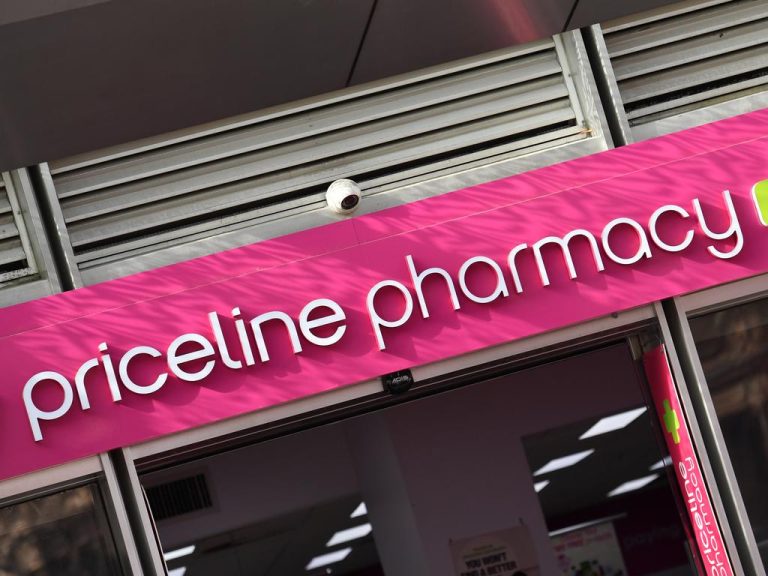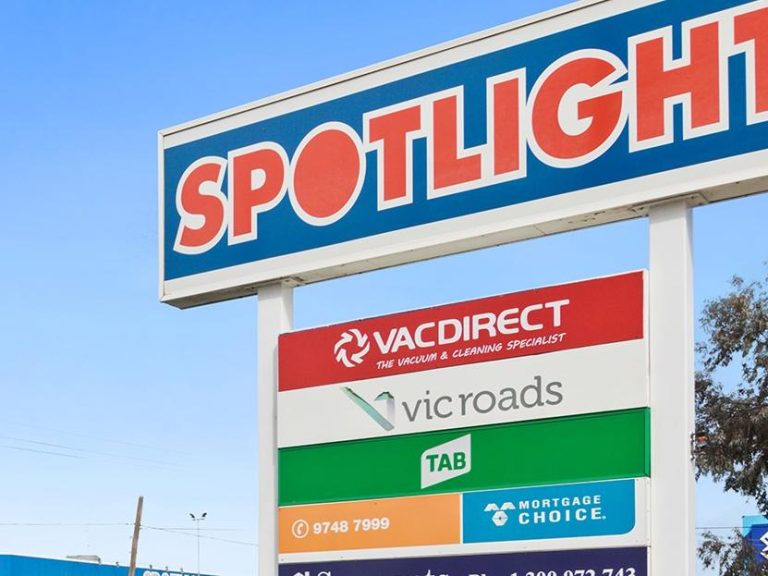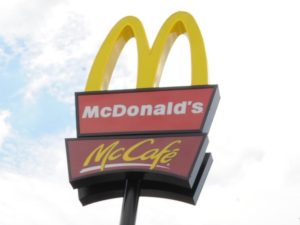‘Predator vision’ among tech tricks to get Melbourne back to the office

Unico’s JourneyHub software will pair with temperature-checking kiosks with ‘Predator vision’ to keep office workers safe.
Sci-fi-like temperature checking hubs with “Predator vision” are being set up in Melbourne buildings determined to get workers back.
Sophisticated office management software will be paired with kiosks armed with temperature sensors and facial detection to keep staff away if scans indicate they are unwell.
Meanwhile prominent landlords including Charter Hall are looking to retrofit high-quality air filtration capable of catching particles as small as 7 nanometres, less than the size of SARS-CoV-2, backed by ionisation to kill bugs and viral particles.
RELATED: Melbourne Square architects reveal COVID-19 changing office towers
Collins Square, Docklands wins award, could entice workers back to city
Healthy homes: Tech features that could make your house healthier
Melbourne’s Unico has paired computer-controlled temperature check kiosks with its JourneyHub software, which aims to learn movement patterns and warn workers off bottlenecks with too many staff congregating in office spaces or lift wells.
The system is currently being rolled out at a 101 Moray Street, South Melbourne, site being developed by the Deague Group, along with two other sites. Other owners are discussing the tech.

A temperature scanning terminal at the 101 Moray Street building.
Unico innovation and enterprise director Evan Harridge said they’d taken to referring to the temperature screening technology as “Predator vision” in a reference to the heat sensing alien technology in the movie of the same name.
“The system will recognise your face and know who you are, but it will allow you to be anonymous,” Mr Harridge said.
“It takes your temperature as you scan in. But it will forget you after you pass.
“The idea is to avoid a scenario where people are afraid to go back to work.”
If you fail you will be able to step aside and wait to see if you cool down, but after repeated failures it is envisaged security would intervene.
Those who do get in without passing the scan could have their swipe card deactivated to stop them moving about the building.
In the post-pandemic world it will streamline staff movement and allow for better office management.

Will, David and Jon Deague at their Moray Street development site in 2019. Picture: David Geraghty, The Australian
Deague Group managing director Jonathan Deague said it would encourage workers back to the office and they were particularly impressed by its ability to avert issues with too many staff congregating in one spot.
“It’s about making people feel that bit more comfortable returning to work,” Mr Deague said.
They are also implementing apps for building users allowing them to summon lifts with their phones instead of pressing a call lift button.
Meanwhile US-based wellness technology firm Delos’s Australian branch is discussing retrofitting its superfine air filtration systems in buildings owned by Mirvac, Lendlease and Charter Hall.

Delos particle size indications; the firm’s air filters capture particles as small as 0.007 microns. Copyright © 2021 Delos Living LLC
Delos Australian chief executive Bill Giannikos said the technology was already being rolled out in schools across the US including in hard-hit New York, where it was hoped it would stop viral loads building in classrooms.
It will also be a feature in more than 200 apartments at the Melbourne Square development in Southbank.
“In another event like Sydney’s bushfires last year, where you have to switch off unfiltered airconditioning, we now know viral loads will just keep building,” Mr Giannikos said.
Research backed by the renowned Mayo Clinic in the US has shown better air quality in workplaces can also boost staff health and wellness.
MORE: Cleveland Winery: Lancemore Group buys Lansfield winery
Mornington Racecourse: House next to horseracing track for sale
Adventure Fun Park Gippsland: Bairnsdale family who made theme park selling up







